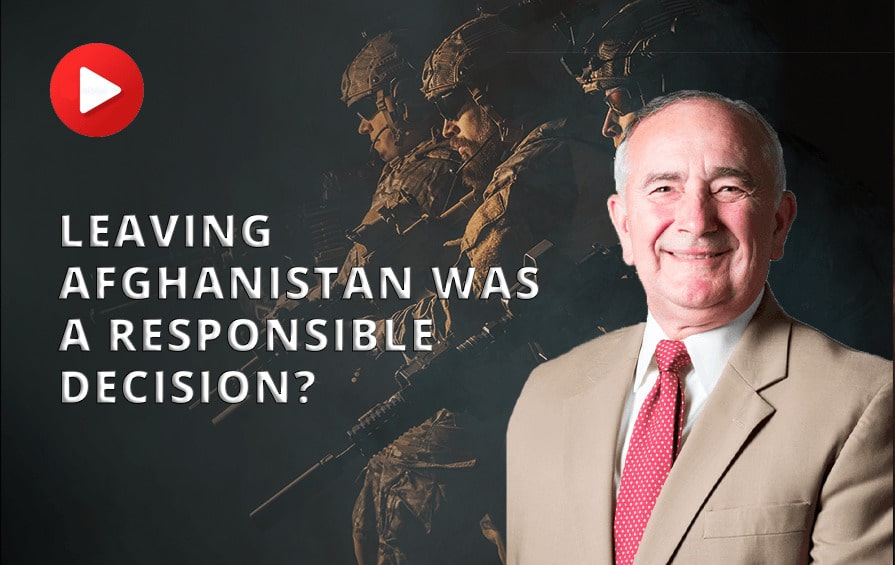Jim Dubik, Liutenant General (R) U.S. Army with over 37 years of active service, in this interview he has shown his opinion on the international policy of the United States in the Middle East. He recognizes that his country wanted to create a democratic government in Afghanistan and wonders: Are we withdrawing troops because we have fulfilled our mission? His answer is forceful: no, “we are taking them out because we are tired of this impossibility. The war has not ended and it will not end because we withdraw troops ”.
Jim also gives us his point of view on the great division that is being created in the United States, “The tight vote gap between Biden and Trump shows the great division that the United States is suffering, you have the extreme right that Trump created, which represents the nationalism and white nationalism, populism, which are vile aspects of the extreme right. And then there is the extreme socialist left, who from a rational point of view are just as vile; then in the middle are the people who do not know which way to choose »
Our talk with James Dubik
Who is?
About our protagonist
 Liutenant General (R) U.S. Army with over 37 years of active service. Jim Dubik is a Senior Fellow at the Institute for the Study of War (ISW) and at the Association of the U.S. Army’s Institute of Land Warfare (ILW).He earned a PhD in philosophy from the Johns Hopkins University and a Master of Arts and Science from the U.S. Army Command and General Staff College. He was a professor at Georgetown University’s Center for Strategic Studies.
Liutenant General (R) U.S. Army with over 37 years of active service. Jim Dubik is a Senior Fellow at the Institute for the Study of War (ISW) and at the Association of the U.S. Army’s Institute of Land Warfare (ILW).He earned a PhD in philosophy from the Johns Hopkins University and a Master of Arts and Science from the U.S. Army Command and General Staff College. He was a professor at Georgetown University’s Center for Strategic Studies.
He wrote Just War Reconsidered: Strategy, Ethics, and Theory, and he is the co-author, with General Gordon Sullivan, of Envisioning future Warfare.He writes frequently for Army magazine and published over 200 essays, articles, monographs, opeds, on-line foreign policy and national security posts, as well as chapters in books, and forwards to books.
His February 2018 ISW, monograph, “America’s Global Competitions: The Gray Zone in Context,” and his August 2019 Army magazine essay, “How Long Can the Threshold of War Hold?”

